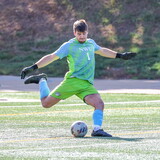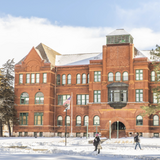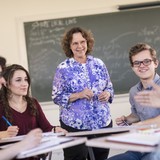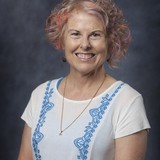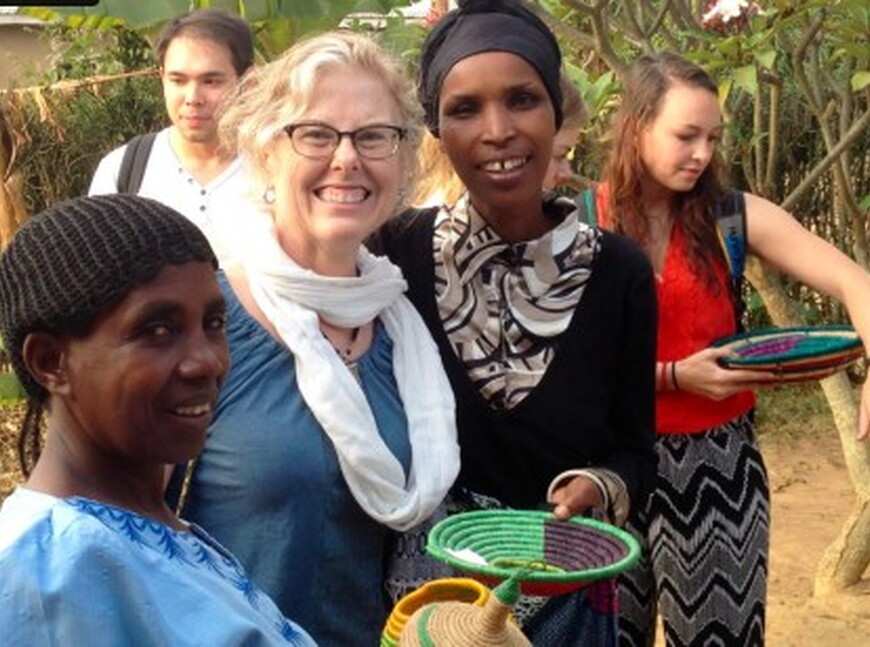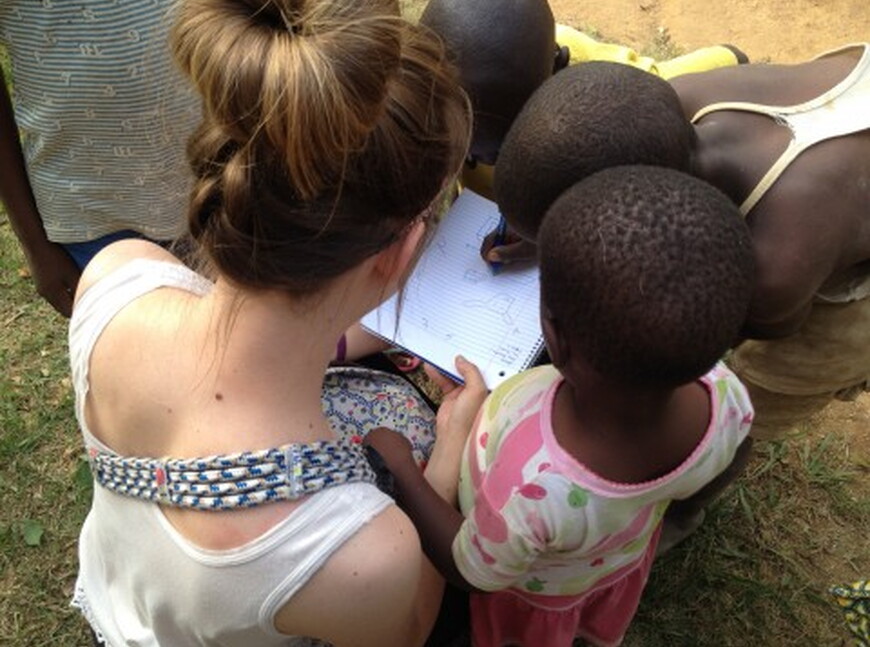Two years ago Gerise Herndon led a group of Nebraska Wesleyan students to Rwanda for the university’s first faculty-led trip to Africa.
Students described the experience as “life-changing” as they witnessed a post-conflict country in the process of reconstruction.
Herndon wanted more NWU students have the same experience. She’ll lead another group to Rwanda on May 30 where they will spend a month immersing themselves in the culture and participate in internships.
Herndon, an English professor and director of the Gender Studies Program, said the trip will focus on the Rwandan genocide. They will visit genocide memorials, women's cooperatives, and reconciliation communities to observe a nation working to reconstruct and recover from a devastating genocide. Herndon hopes through witnessing this reconstruction period that students will recognize the Rwandan mission to reintegrate past perpetrators into the community and to forgive.
"Our goal is to listen to and learn from Rwanda, a multifaceted and complex nation with a rich indigenous culture, and emerge with a new appreciation for a post-conflict African country," she said.
Students will participate in internships that align with their academic interests. For example, one student will help teach and mentor children. Another will help hospital patients.
By providing assistance to the community, Herndon hopes students will avoid a white savior mentality.
"We want to solve problems,” said Herndon. “We want to help people, but I hope students grow beyond this white savior mentality."
"Students can learn so much from listening to their Rwandan counterparts and grappling with a new cultural context rather than having the arrogance to imagine they can save someone from trauma," she added.
One change that Herndon made to this year’s trip is the housing accommodations. Rather than staying in a hotel, students will live together in a rental home. Herndon hopes it will create a strong sense of community.
Prior to leaving for Rwanda, students participated in intensive classroom preparation to gain a better understanding of the country’s culture and background.
"In learning about Rwandan history, I hope students realize the dangers of racism and colonial legacies that produced the 1994 genocide against the Tutsi, and that they will analyze innovative homegrown solutions contributing to Rwanda's recovery."
The group returns on June 30.
Three other academic trips are taking place this summer, including:
- Spain - Students are studying the Spanish language and culture through intensive academic courses at the Colegio Delibes. Though primarily residing in Salamanca with a host family, students will embark on excursions to Madrid and Segovia to visit World Heritage Sites.
- Honduras – Biology students will receive an in-depth introduction to marine reef ecology. Students will learn how to sample, monitor, and assess reef ecosystem health, while also conducting an independent research project. Additionally students will have opportunities to experience a dolphin swim, snorkeling, and SCUBA diving.
- Japan – Students will travel across Honshu, the main island of Japan. There students will absorb the country's culture, through Japanese history, art, fashion, and technology. The trip also includes excursions to Himeji Castle, Buddhist temples and shrines in Kyoto, and downtown areas of Osaka and Tokyo among others. Students will observe and work with children in local elementary and junior high schools, incorporating a service learning component to the trip
###
—Story by Quinn Hullett, public relations intern.




